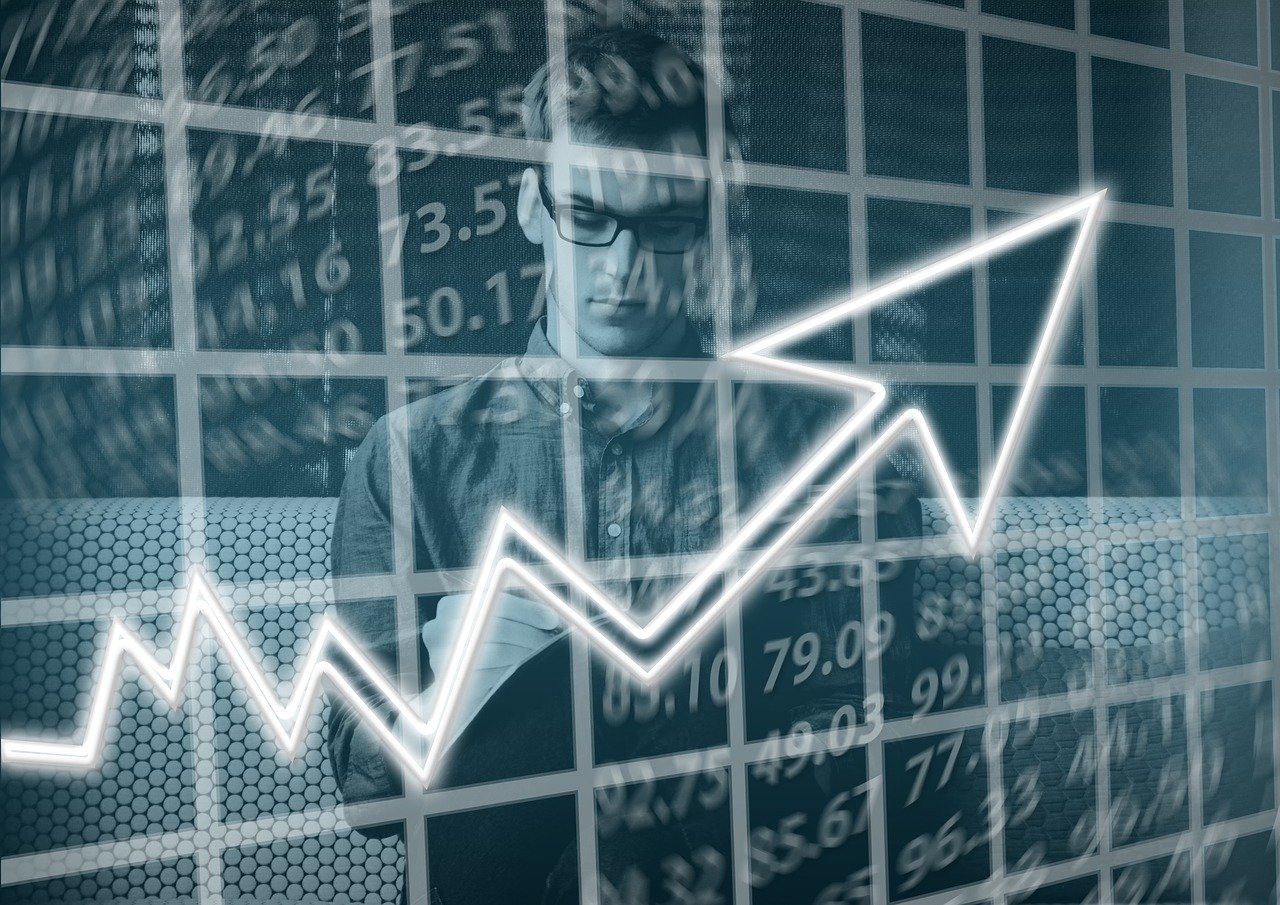From 2020 to date, over 20 million new traders have entered the financial market, including stocks, cryptocurrency, foreign exchange, and more. Some opted for a slow and steady approach, others took more aggressive strategies, and another group got behind a meme or internet cause to stick it to the bigwigs at Wall Street. And so for the better part of two years, a new wave of investors rode a glowing, promising bear market.
The bulk of these new entrants was able to penetrate the financial market thanks to its demystification by investing in apps like Plus500, and more cropped up over the place. Before these apps entered the scene, trading the financial market was shrouded in mystery and myths for many, who thought only the uber-wealthy and elites could navigate it. However, that’s proved to not be the case, and more people are starting to trade each day.
Enter: Online Trading
In 2020, the internet was even more crucial for everything going on around the world. With too much time on our hands, many turned to online trading to keep busy. Soon, the market had ballooned from a few people to millions of individuals across the globe investing in financial markets and improving asset values to astronomical levels.
The world of trading that once seemed closed off and intended as a tool for capital investment was suddenly in the palms of retail investors. Anyone with an internet connection and some capital could easily trade locally or globally, leveraging new markets that promise better returns.
In 2019, retail investing made up around 10% of the transactions happening in the financial market. However, a year later, that figure more than doubled, with 2020 seeing a 25% increase in retail investing. By 2021, that number further grew to 30%, and similar trends continued in 2022.
Small-time retail traders suddenly became huge forces in financial markets. Goldman Sachs reported in February 2021 that the dollar value of retail trading had grown by 85% compared to 2020. That’s more than four times the retail trading activities only two years prior.
With financial markets continuing to record new highs two years after the breakout year for retail investing, experts are beginning to warn of a potential bear market in the foreseeable future. However, this has not deterred new entrants from joining the market. While it might all seem like the Dot.com bubble all over again, the fact remains that retail investors continue to ace more traditional investors in the market. And since money doesn’t care for how one earns it, whether arbitrarily or by skilful application, or through a broker or an app, there’s no telling how far retail investors will go.
Why So Popular?
Trading financial markets and taking positions on the performances of companies is as risky as they come, and not many people have the risk tolerance for it. But trading remains popular among the populace, especially with the rise of investment apps. Why’s that?
Capital Allocation
Trading has soared because more people are leveraging the agility of online trading platforms—a feature unavailable in traditional investing. But, by far, the biggest influence is the minimum capital margin. Low entry points allow traders to spread their capital across multiple markets and asset classes, thereby mitigating risk. For instance, some traders will invest in forex and stocks in the same portfolio, so that one hedges the other and protects the portfolio from performing poorly.
This feature helps traders find new opportunities and prices that could have been missed by sticking to one market or asset class. Diversification also helps lower the likelihood of overexposure, which may be crucial to your profitability in poor market conditions.
Ease Of Access
As internet permeation grows worldwide, together with increasing speed, there has never been a time when trading was more accessible to the public. In fact, platforms like Plus500 make it easy to begin trading in minutes using nothing but a smartphone. Some of these platforms even come with apps, which makes them even more accessible without having to fire up a website.
No more is trading only accessible by financial experts who know the ins and outs of the industry. It’s now an option available to anyone with the resources and interest. The internet has, once again, simplified another industry.
Reaction Time
Speed is of the essence during trading. It can take a split second to make a profit or loss, so traders have to be agile and have a finger on the pulse of things. With smartphones, the internet, and online trading platforms allowing for real-time monitoring of influential news regarding government, policy changes, and other goings-on, traders no longer have to deal with delays from third parties. They can simply add or remove assets from their portfolios themselves, or set up automated trading systems to act in their place.
Remote Earning
With the demystification of trading and the advent of online trading systems that allow for multi-device usage, anyone anywhere can reap profits from financial markets. As long as they can access said markets and maintain a stable internet connection, it doesn’t matter if they are on holiday, at work, or in transit.
Additional Streams Of Income
The key to financial independence is to earn more than you spend. But there are only so many jobs one person can take on before they have no more time to allocate. Trading gives many people the chance to generate more income without having to be at a specific place for a given timeframe. It also allows them to control how much they want to earn, the level of risk they can tolerate, how much capital to put in, etcetera. The more people trade and commit to the process, the more adept they become. And so, an additional source of income is born.
[ymal]











